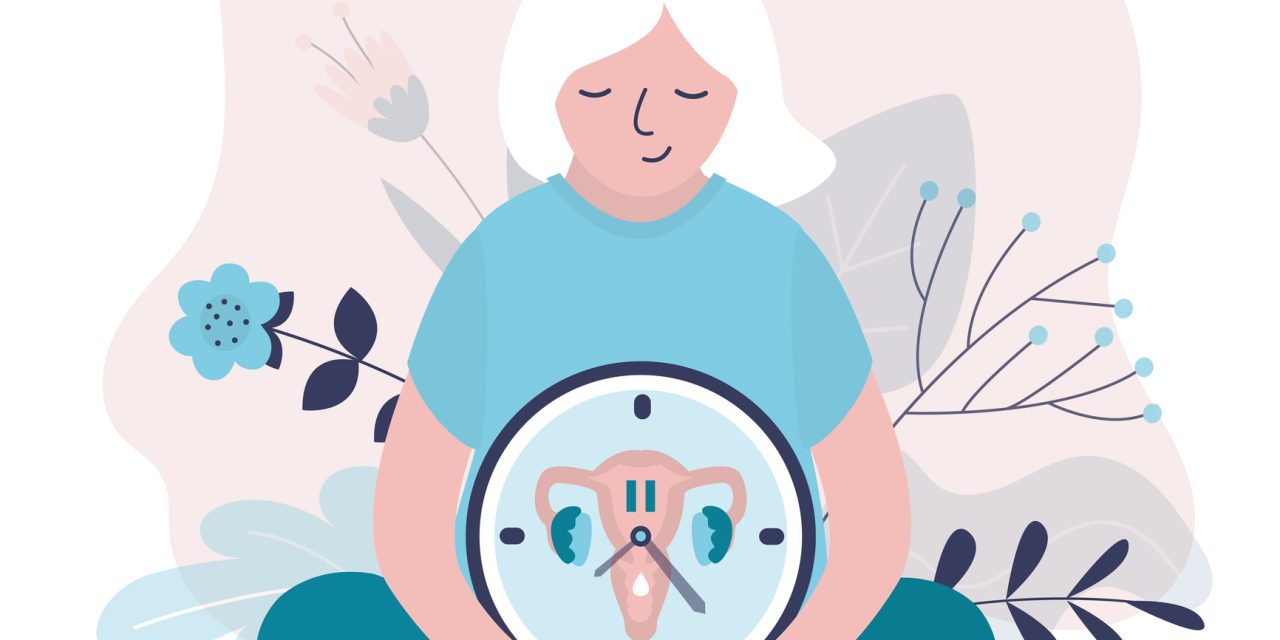Treatment of low anterior resection syndrome (LARS) is challenging. Percutaneous tibial nerve stimulation (PTNS) can improve select bowel disorders. An RCT was conducted to assess the efficacy of PTNS compared with sham stimulation in patients with severe LARS.
This was a multicentre, double-blind RCT. Patients with major LARS score were allocated to receive PTNS or sham therapy (needle placement simulation without nerve stimulation). The study included 16 sessions of 30 min once a week for 12 consecutive weeks, followed by four additional sessions once a fortnight for the following 4 weeks. The primary endpoint was efficacy of PTNS defined by the LARS score 12 months after treatment. Secondary endpoints included faecal incontinence, quality of life (QoL), and sexual function.
Between September 2016 and July 2018, 46 eligible patients were assigned randomly in a 1 : 1 ratio to PTNS or sham therapy. Baseline characteristics were similar. LARS scores were reduced in both groups, but only patients who received PTNS maintained the effect in the long term (mean(s.d.) score 36.4(3.9) at baseline versus 30.7(11.5) at 12 months; P = 0.018; effect size -5.4, 95 per cent c.i. -9.8 to -1.0), with a mean reduction of 15.7 per cent at 12-month follow-up. The faecal incontinence score was improved after 12 months in the PTNS group (mean(s.d.) score 15.4(5.2) at baseline versus 12.5(6.4) at 12 months; P = 0.018). No major changes in QoL and sexual function were observed in either group. There was no therapy-associated morbidity. Three patients discontinued the study, but none owing to study-related issues.
PTNS has positive effects in some patients with major LARS, especially in those with faecal incontinence. Registration number: NCT02517853 (http://www.clinicaltrials.gov).
© The Author(s) 2021. Published by Oxford University Press on behalf of BJS Society Ltd. All rights reserved. For permissions, please email: journals.permissions@oup.com.
Percutaneous tibial nerve stimulation in patients with severe low anterior resection syndrome: randomized clinical trial.


